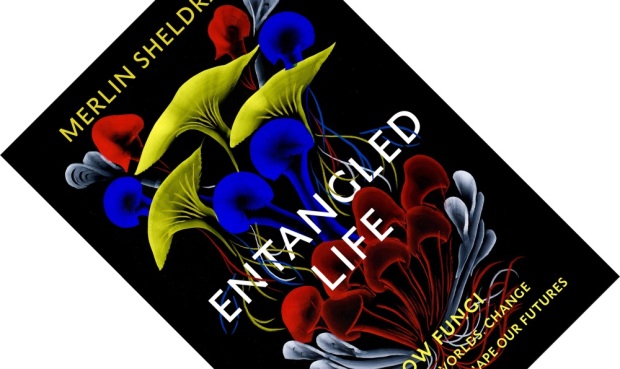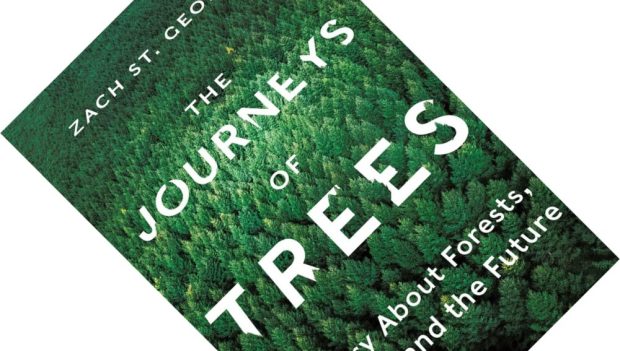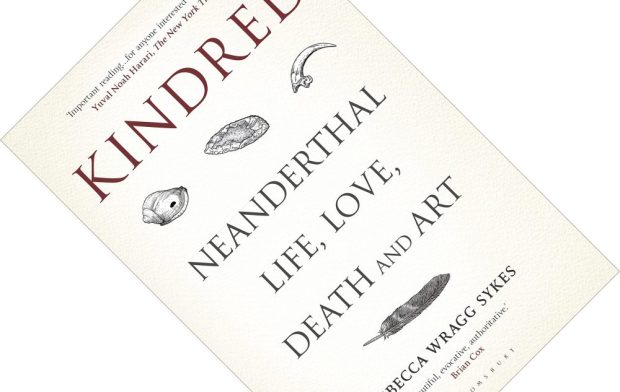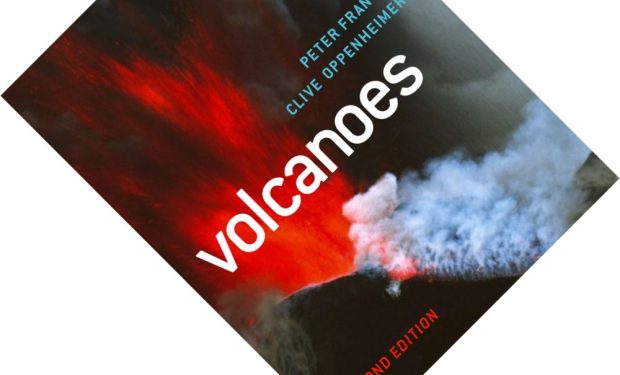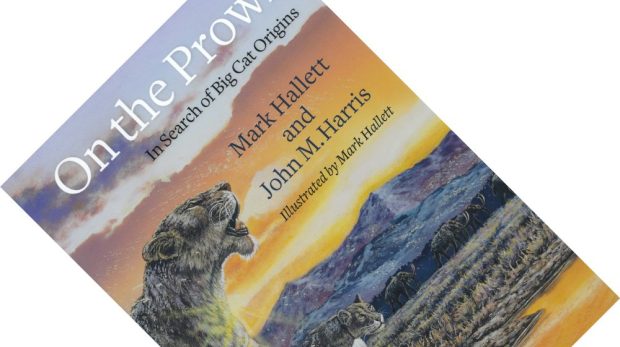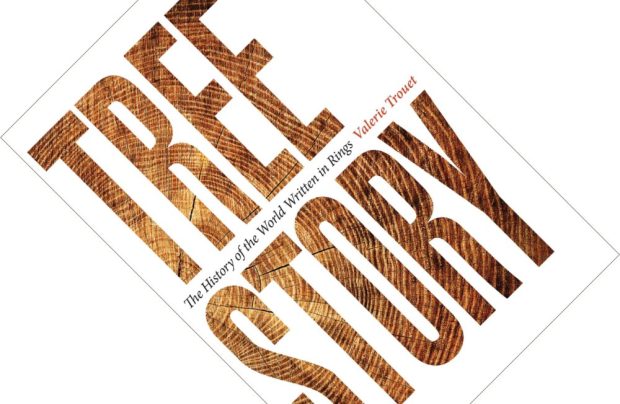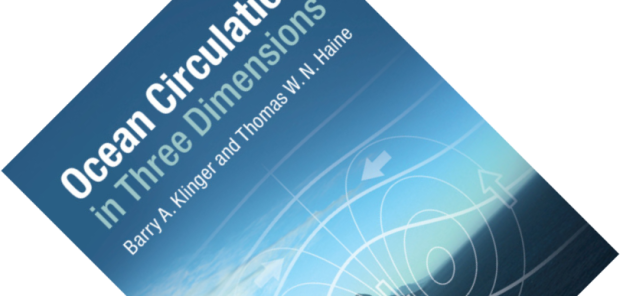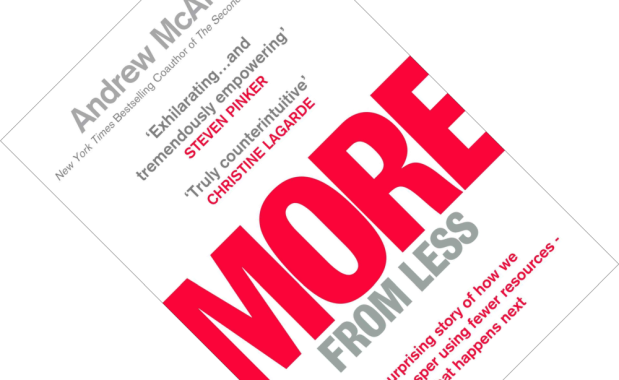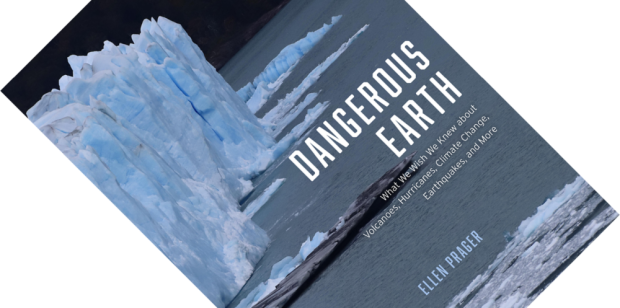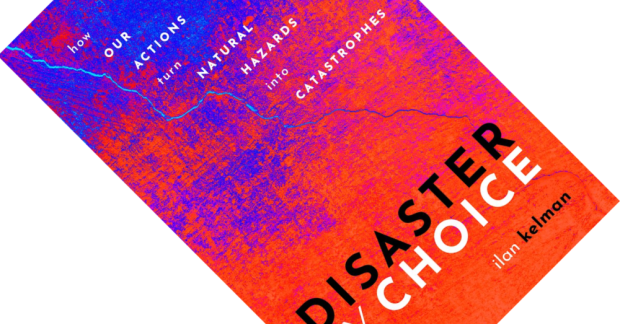6-minute read
One objection sometimes raised against the search for extraterrestrial life is that our planet is rich with bizarre life forms that we still poorly understand. As a biologist, you are usually so close to the subject that you sometimes forget just how otherwordly our home planet can be. With his beautifully written book Entangled Life, biologist Merlin Sheldrake shook me out of that daze by offering a truly mind-opening book on fungi. Excitingly, he does so without floating off into speculative or esoteric territory.

